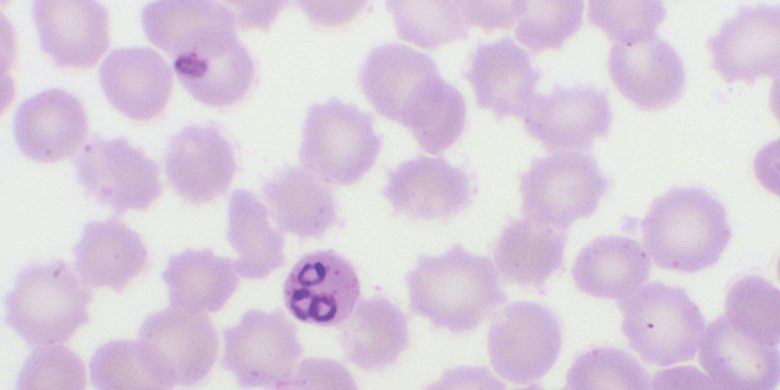
Most people, if faced with a venomous pit viper, would think that their time could be up, yet scientists can see a life-saving opportunity. Compounds from snake venoms are a rich source of potentially valuable drugs and the fer-de-lance viper (Bothrops asper) is one of many species that has changed lives for the better.
High blood pressure, or hypertension, is a condition that increases the risk of heart failure, heart attack, stroke and kidney disease. It is important to reduce the blood pressure of hypertensive patients by inhibiting mechanisms that would naturally raise it. If the body detects that the blood volume (and hence the pressure) needs to be increased, a chain of events is triggered that includes the conversion of an inactive peptide (angiotensin I) to the active angiotensin II by angiotensin converting enzyme (ACE). If ACE can be stopped from working, then the biochemical chain of events that would lead to a rise in blood pressure is blocked.
Your organisation does not have access to this article.
Sign up today to give your students the edge they need to achieve their best grades with subject expertise
Subscribe




